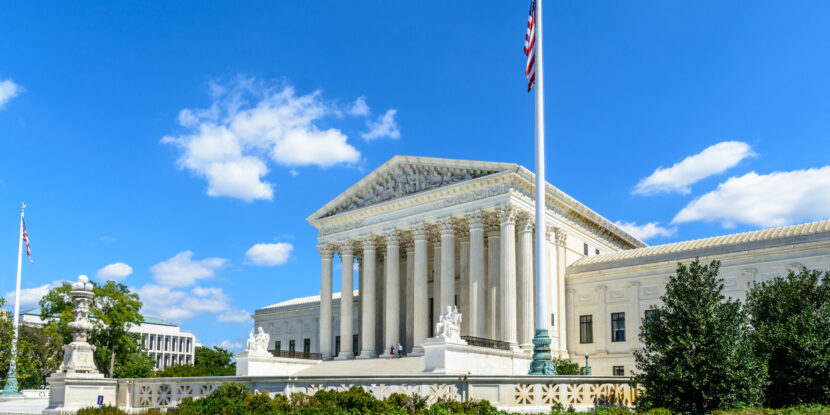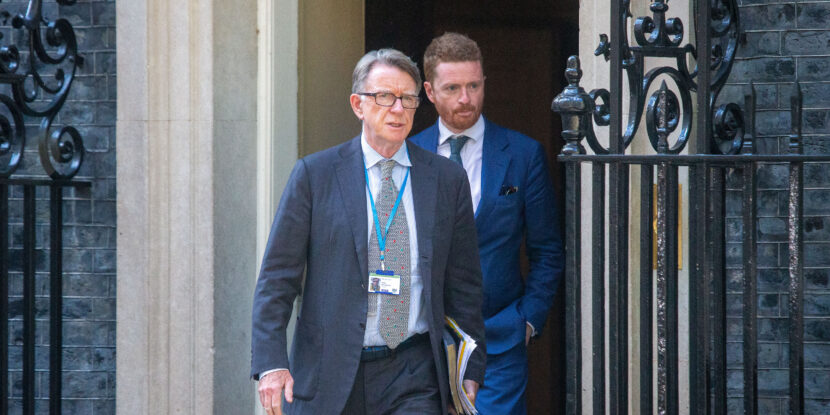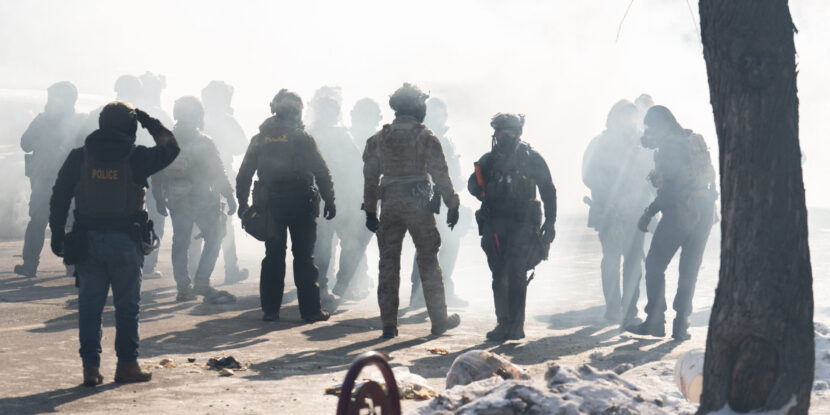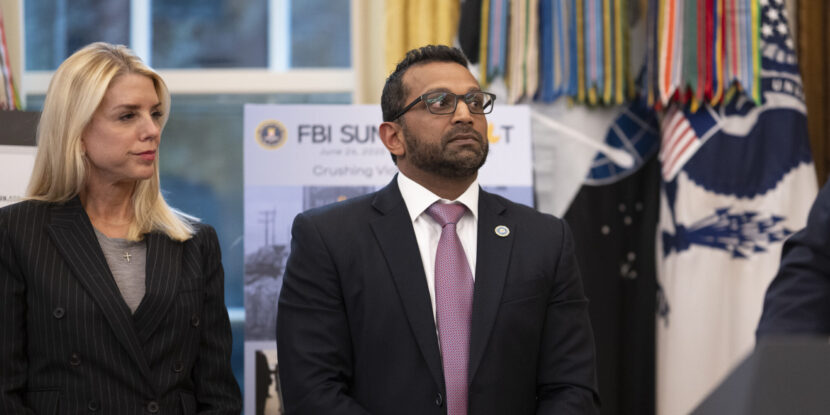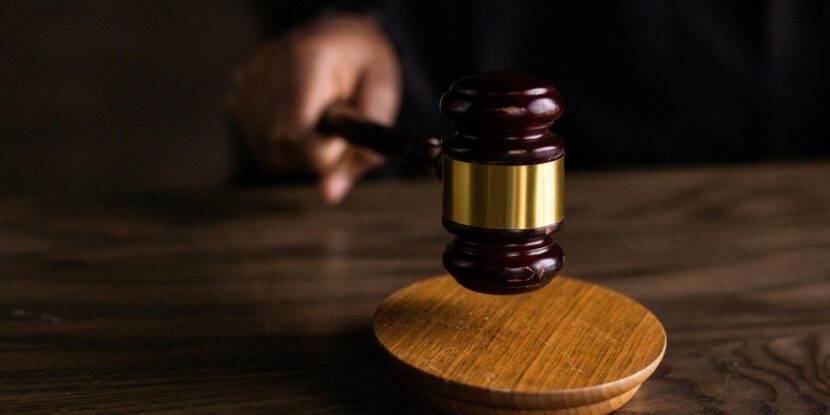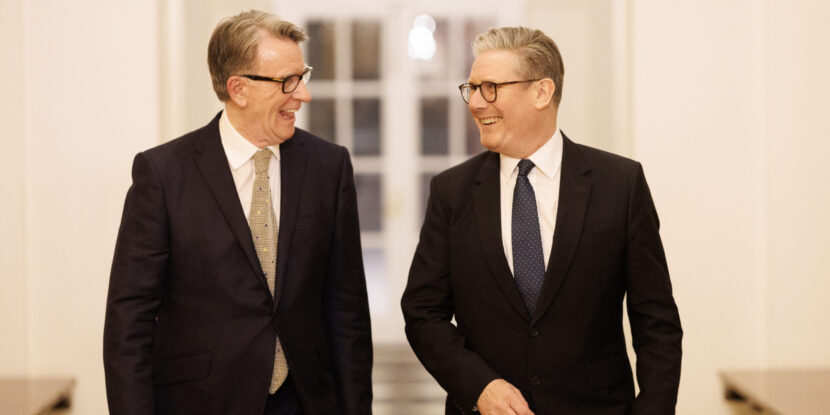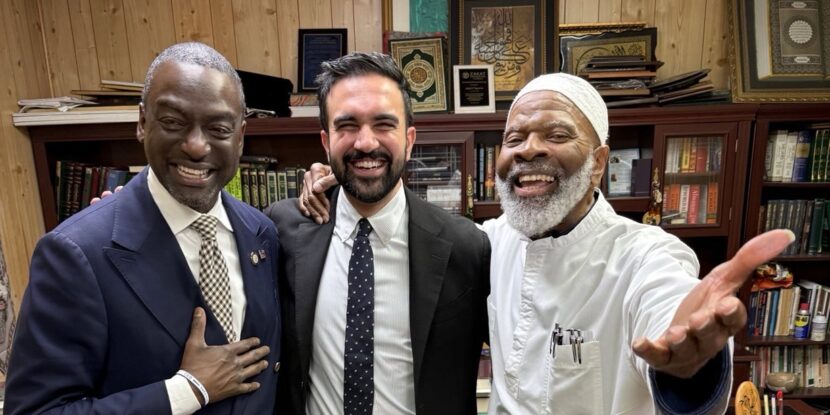PULSE POINTS:
❓What Happened: The Supreme Court appears close to siding with a Catholic charitable organization in a case against Wisconsin regarding religious exemptions from state unemployment taxes.
👥 Who’s Involved: Catholic Charities Bureau, the state of Wisconsin, and the U.S. Supreme Court.
📍 Where & When: The case is currently in the United States Supreme Court; the matter surfaced publicly on Monday.
💬 Key Quote: “I thought it was pretty fundamental that we don’t treat some religions better than other religions, and we certainly don’t do it based on the content of the religious doctrine that those religions preach.” — Justice Elena Kagan.
⚠️ Impact: The outcome could affect religious freedom legal interpretations and how states define religious activities for exemptions.
IN FULL:
The United States Supreme Court appears poised to rule in favor of a Catholic charitable group challenging Wisconsin’s decision to deny them a religious exemption from state unemployment taxes. The case brought by the Catholic Charities Bureau may alter the way religious activities are classified under state law, with significant implications for religious freedom.
The crux of the disagreement lies in whether the Catholic Charities Bureau qualifies as a religious employer eligible for tax exemptions under Wisconsin statutes. The state law permits such exemptions for organizations if their operations are primarily religious. However, Wisconsin officials assert that the charity does not meet this criterion because its activities, like assisting the elderly and disabled, are not explicitly religious nor centered on religious instruction.
Catholic Charities Bureau has contributed to the unemployment tax system since 1972. They argue their missions are embedded in Catholic tenets of charity and good works, thus deserving of the religious exemption. The organization challenges the state’s evaluation of what constitutes religious activity, suggesting it is an unfair assessment.
While the Supreme Court’s more conservative justices appeared open to the Catholic Charities Bureau’s arguments, Justice Elena Kagan—who is one of the high court’s more liberal justices—appeared amenable as well. “I thought it was pretty fundamental that we don’t treat some religions better than other religions, and we certainly don’t do it based on the content of the religious doctrine that those religions preach,” Justice Kagan said during oral arguments on Monday.
With oral arguments concluded in the case, the justices will confer, and an opinion on the case is expected later this summer. The outcome might influence how other religious organizations are taxed and exempted, with restrictions placed on a state’s interpretations of “religious” work.
